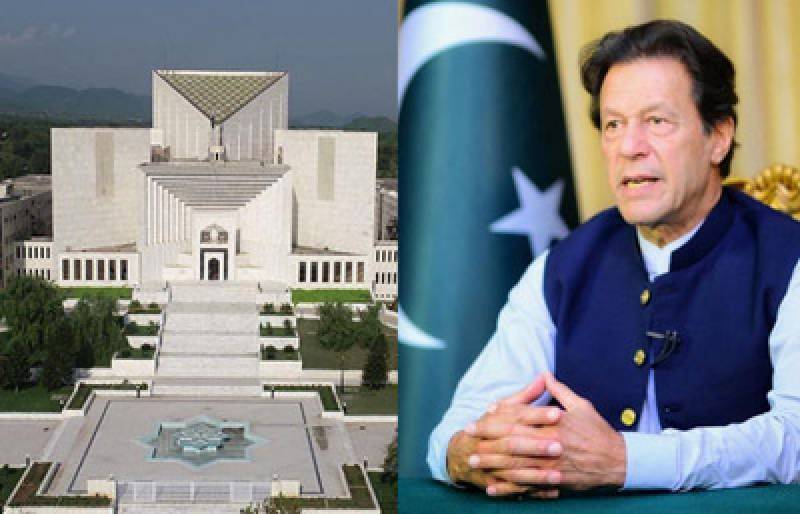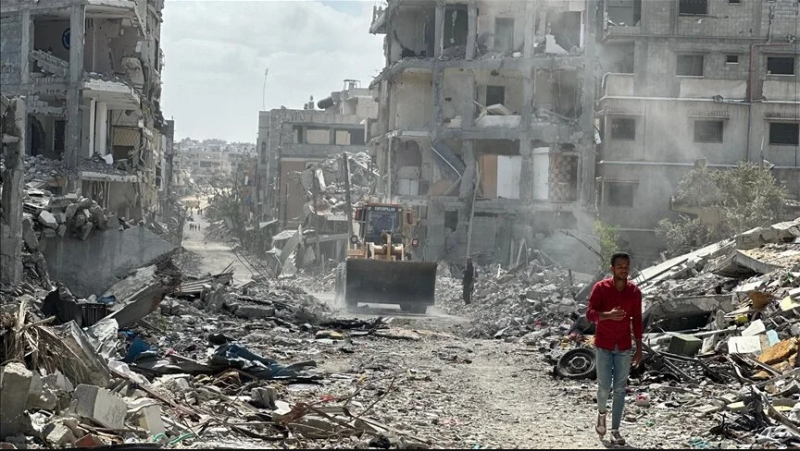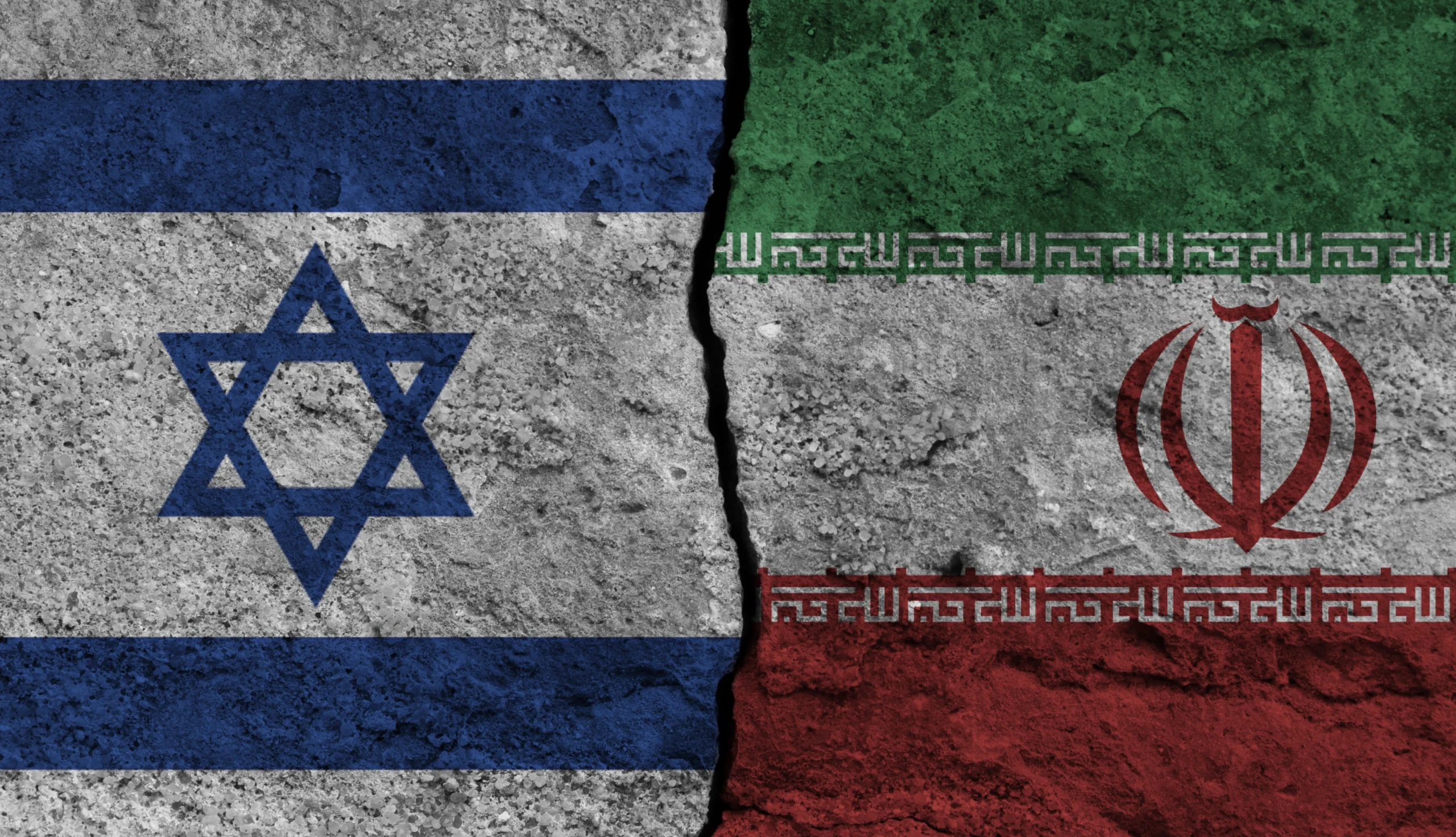Hafeez Ahmed Khan
Introduction:
The Supreme Court’s decision to issue notices to top Punjab officials in response to the Pakistan Tehreek-e-Insaf (PTI)’s petition, seeking a level-playing field in the upcoming February 8th elections, has ignited a firestorm of debates and anxieties. Beyond the headlines, lies a complex labyrinth of accusations, legal maneuvering, and the critical question of electoral fairness. To truly understand the gravity of this situation, we must delve deeper into its intricate layers.
At the Heart of the Matter: The PTI’s central claim rests on accusations of targeted harassment and unequal treatment, jeopardizing their fair participation in the electoral process. Allegations like candidate harassment, nomination paper rejections, and politically motivated arrests raise chilling concerns about the integrity of the upcoming polls. If left unaddressed, such claims have the potential to sow seeds of mistrust in the electoral system and erode public confidence in its legitimacy.
Navigating the Legal Labyrinth: The PTI’s recourse to the Supreme Court, seeking action against the Election Commission of Pakistan (ECP) for alleged failures to ensure a level-playing field, marks a bold legal strategy. While seeking legal intervention is a fundamental right, it also adds a layer of complexity to the situation. Protracted legal battles could potentially delay the electoral process, further fueling political tensions in an already volatile environment.
The Impartial Eye of Justice: The Supreme Court’s role in this saga carries immense weight. Its response to the PTI’s petition will set a crucial precedent for how electoral grievances are addressed in the future. Upholding due process, meticulously examining evidence from both sides, and remaining unwaveringly objective are paramount to upholding the court’s reputation and ensuring justice prevails.
Facing the Challenges Head-on: Investigating such intricate accusations demands meticulous effort. Thorough evidence-gathering, impartial analysis, and a resolute commitment to truth are essential tools in navigating this complex terrain. Balancing the need for swift action with ensuring a rigorous investigation poses a significant challenge for the court. Any perceived bias or partiality during the proceedings could exacerbate political divisions and potentially destabilize the country.
Uncertainties Looming Large: The Supreme Court’s decision to schedule the next hearing for January 8th leaves the immediate future shrouded in uncertainty. The court’s final verdict and any subsequent actions it may take will significantly impact the trajectory of the electoral process and potentially sway the outcome of the elections.
Beyond the Immediate Case: This episode lays bare the deeper wounds plaguing Pakistani politics – rampant political polarization and a pervasive erosion of trust in electoral institutions. Addressing these systemic issues necessitates a broader approach focused on fostering inclusivity, strengthening democratic norms, and rebuilding public confidence in the electoral process.
A Path Forward: Navigating this intricate web of accusations and anxieties requires a multi-faceted approach. Continued dialogue between political actors, impartial investigations by relevant authorities, and unwavering commitment to upholding the rule of law are fundamental elements in ensuring a credible and peaceful electoral process. Only by prioritizing such measures can Pakistan emerge from this political quagmire and truly strengthen its democratic foundations.
In conclusion, the PTI’s petition for a level-playing field and the Supreme Court’s response reveal the fragile state of electoral fairness in Pakistan. Navigating this intricate maze of accusations and anxieties demands not only legal maneuvering but also a collective commitment to fostering dialogue, ensuring transparency, and upholding the rule of law. Only then can the Pakistani people have faith in the upcoming elections and the future of their democracy.
Critical Evaluation:
The Supreme Court’s decision to issue notices to top Punjab officials in response to the Pakistan Tehreek-e-Insaf (PTI) petition seeking a level playing field in the upcoming elections presents a complex picture riddled with allegations, anxieties, and legal intricacies. A critical evaluation reveals several noteworthy aspects of this ongoing saga:
Crucial Concerns: The PTI’s central claim of harassment and unequal treatment during the electoral process raises genuine concerns about the fairness and transparency of the upcoming polls. Allegations of candidate harassment, nomination paper rejections, and targeted arrests necessitate thorough investigation and swift action if true. Failing to address these concerns could significantly undermine public trust in the electoral system and potentially impact the legitimacy of the election results.
Legal Maneuvering: The PTI’s recourse to the Supreme Court and its petition seeking contempt of court proceedings against the Election Commission of Pakistan (ECP) highlight the party’s willingness to utilize legal avenues to push for its demands. This strategy, while legitimate, also adds a layer of complexity to the situation, potentially delaying the electoral process and further polarizing the political landscape.
Role of the Judiciary: The Supreme Court’s role in this situation is critical. Its response to the PTI’s petition will set a precedent for how electoral grievances are addressed in the future. Adherence to due process and a thorough examination of the evidence presented by both sides are crucial to upholding the court’s reputation and ensuring justice prevails.
Challenges and Potential Consequences: Investigating such complex accusations requires meticulous evidence-gathering and fair analysis. Balancing the need for swift resolution with ensuring a thorough investigation poses a significant challenge for the court. Furthermore, any perceived bias or partiality during the proceedings could exacerbate political tensions and potentially destabilize the already volatile political environment.
Uncertainties Ahead: The Supreme Court’s decision to schedule the next hearing for January 8th leaves the immediate future shrouded in uncertainty. The court’s final verdict and any subsequent actions it may take will determine the trajectory of the electoral process and potentially influence the outcome of the elections.
Beyond the immediate case: This episode, beyond the specific legal battles, reveals the deeper malaise of political polarization and mistrust in electoral institutions in Pakistan. Addressing these systemic issues requires broader efforts focused on fostering inclusivity, strengthening democratic norms, and building trust in the electoral process.
Navigating this complex situation requires a multifaceted approach. Continued dialogue between various political actors, impartial investigations by relevant authorities, and unwavering commitment to upholding the rule of law are all crucial elements in ensuring a credible and peaceful electoral process. Only then can the Pakistani people have confidence in the outcome of the elections and the future of their democracy.
In conclusion, the PTI’s petition for a level-playing field and the Supreme Court’s response raise critical questions about fairness, transparency, and the rule of law in Pakistan’s electoral process. Navigating this intricate web of accusations and anxieties requires a careful balance between upholding legal procedures, addressing legitimate concerns, and ensuring a peaceful and credible election. Only by prioritizing dialogue, investigation, and respect for the law can Pakistan emerge from this political quagmire and strengthen its democratic foundations.
Please, subscribe to the YouTube channel of republicpolicy.com
















